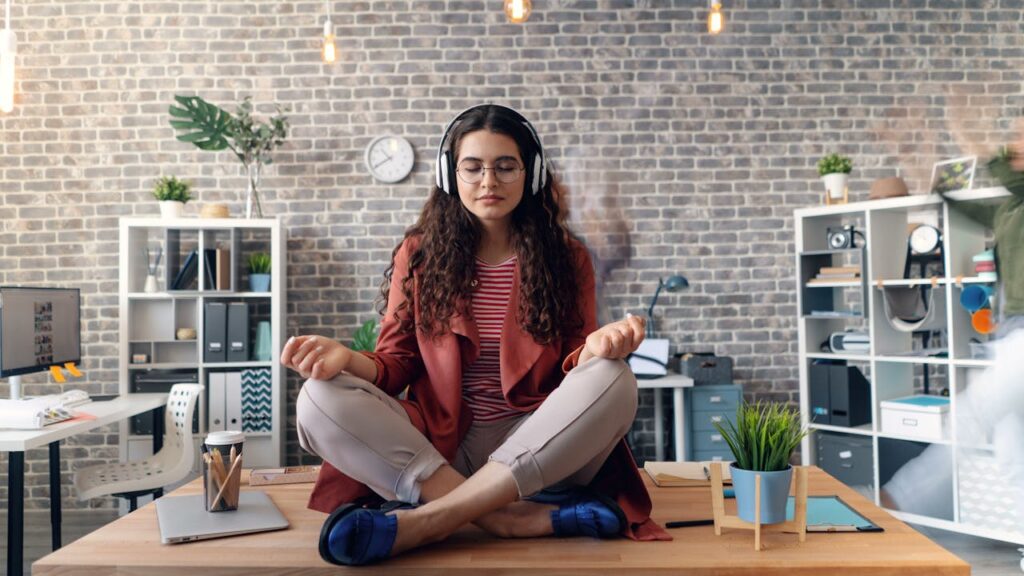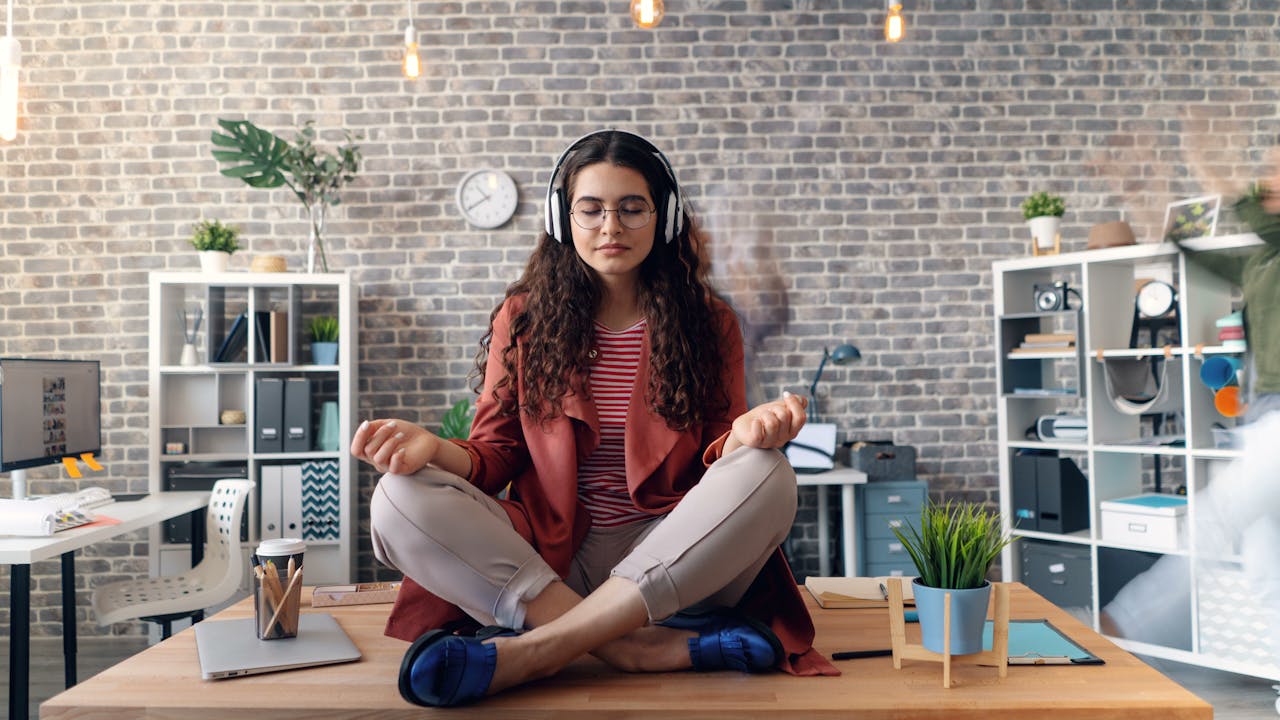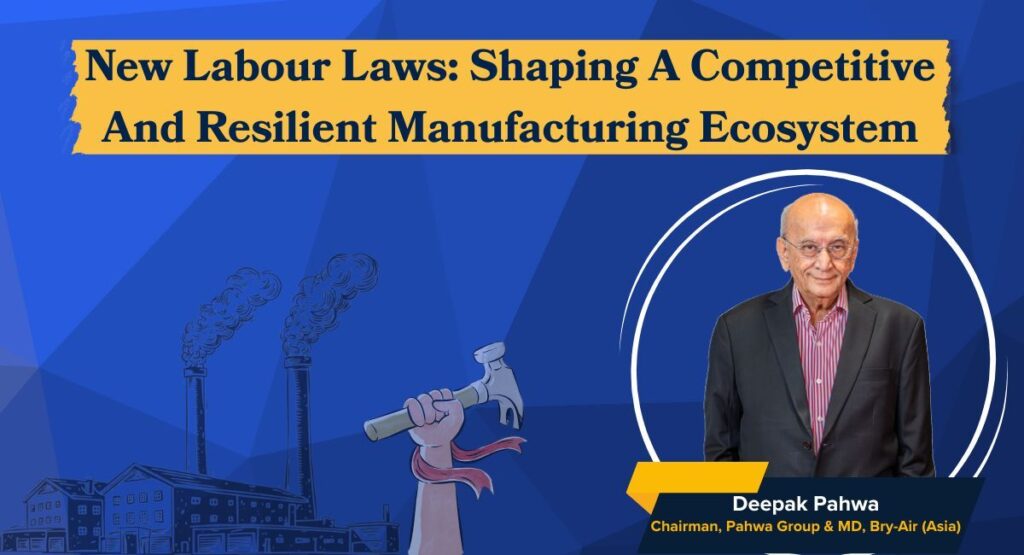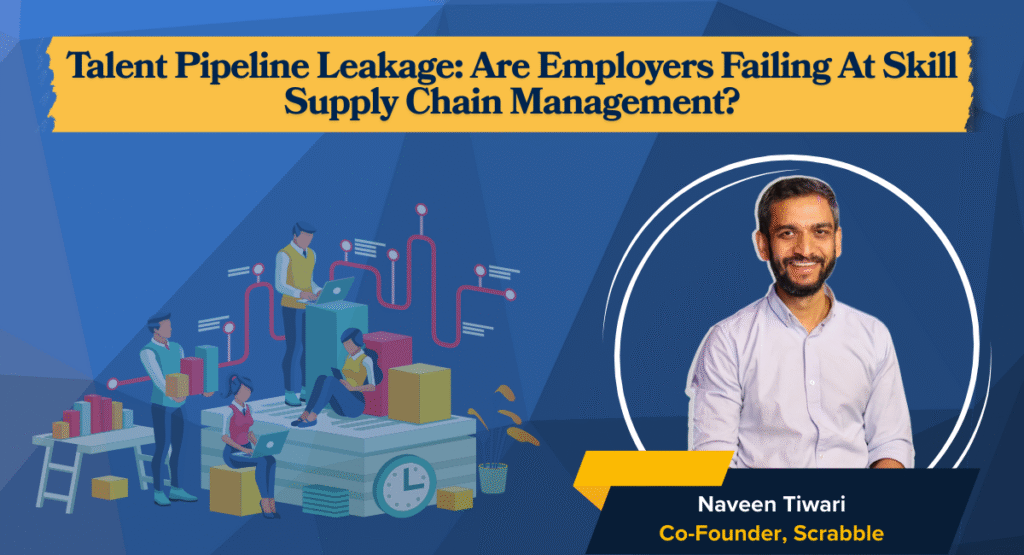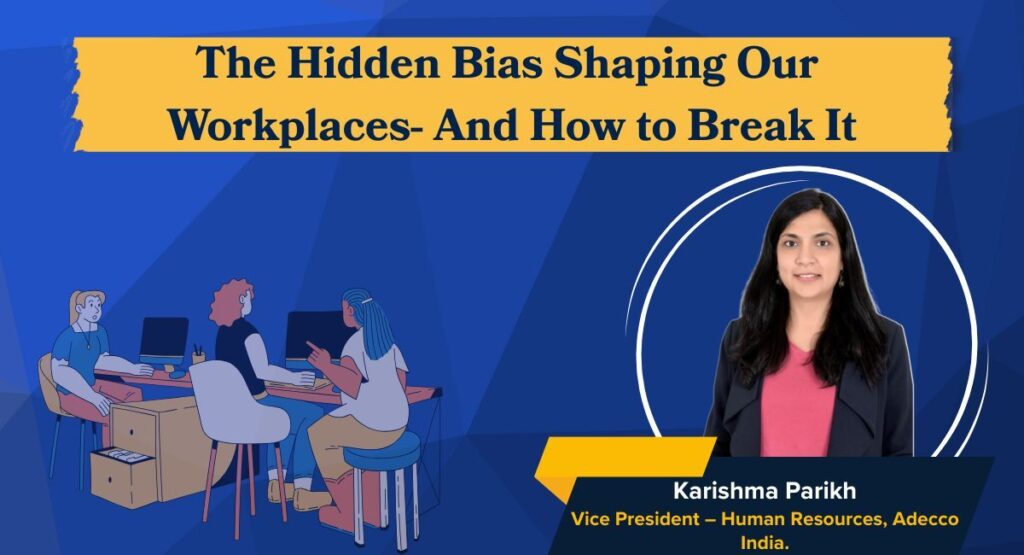Employers have long struggled to understand how their employees truly feel. Despite growing conversations around workplace well-being, a disconnect remains between leadership and the workforce. This gap is evident in Littler’s 12th Annual Employer Survey (2024), which revealed that while 74 percent of employers have seen a rise in employee requests for mental health-related leaves or accommodations since 2023, only 22 percent have updated their policies.
As organisations seek more effective ways to address this growing need, AI-driven tools are emerging as a powerful solution. From real-time sentiment analysis to personalised wellness recommendations, AI is revolutionising how companies understand and support employee well-being. But can technology succeed where traditional approaches have fallen short? Let’s explore how AI solutions for healthcare are reshaping workplace wellness.
Chatbot therapy
While human connection remains essential for mental well-being, AI-powered chatbots increasingly provide meaningful support. These digital companions help bridge critical gaps in mental health care, addressing stigma, accessibility, cost barriers, and the growing shortage of therapists amid rising demand. And the impact is clear: A 2020 study by Oracle and Workplace Intelligence, an HR research and advisory firm, found that 75 percent of employees reported AI in workplace had positively influenced their mental health.
But chatbot therapies go beyond simple conversations. They offer stress management techniques, deliver personalised coping strategies, and connect employees with professional therapists when needed. For example, a chatbot can provide a safe space if you want to vent about a work-related problem but hesitate to approach a colleague. You can express your frustrations, and it may respond with empathy, offering stress-relief techniques or coping strategies.
Burnout prevention
Every employee encounter burnout at some point in their career—a phase of exhaustion, disengagement, and declining productivity. According to a 2023 Gallup study, 76 percent of employees experience burnout at least occasionally, with 28 percent feeling it frequently.

The World Health Organization classifies burnout as an “occupational phenomenon” characterised by:
- Chronic workplace stress
- Fatigue
- Cynicism
- Diminished professional efficacy
AI plays a growing role in burnout prevention strategy by:
- Identifying early warning signs through work pattern analysis: For instance, AI-driven tools can monitor text and video communications on platforms like Microsoft Teams, Slack, and Zoom. Employees at risk may use specific language patterns that indicate distress, enabling managers and workplace psychologists to intervene early and offer support where it is needed most.
- Addressing root causes: One major contributor to burnout is the burden of repetitive and mundane tasks. AI can help by automating these routine activities and allowing employees to focus on more meaningful, creative, and intellectually stimulating work. A study involving customer service agents demonstrated a 14 percent productivity boost when using AI-powered chat assistants. Notably, less experienced workers saw performance improvements of up to 35 percent.
Health-monitoring wearables and apps
Employers are increasingly integrating AI-driven mental applications and health wearables into employee wellness programs to enhance workforce well-being and productivity. These tools collect and analyse physiological and behavioral data—such as mood patterns, sleep quality, activity levels, and stress markers—to provide personalised support and recommendations.
For instance, Amazon offers its employees complimentary access to Twill, an AI-driven mental health app that helps users monitor their moods and develop a customised mental health plan. The app also features games, various engaging activities, and options for live chats with a human coach.
Similarly, AI-equipped smartwatches detect early signs of stress, anxiety, or depression by analysing sleep patterns, activity levels, and heart rate variability. These devices deliver timely recommendations to empower users to manage their mental well-being.
Google-owned smartwatch Fitbit exemplifies this approach by partnering with companies through its corporate wellness program. It uses data-driven insights to promote positive lifestyle changes and foster a culture of well-being.
Will AI backfire?
Integrating AI-driven employee wellness programs offers significant benefits for workforce well-being and productivity. However, privacy remains a critical concern, with risks ranging from security breaches to insecure data-sharing practices. Employees may fear that their sensitive health data could be misused, potentially influencing decisions related to:
- Promotions/Hiring: “Will my employer see my stress levels and deem me ‘unstable’ for a promotion?”
- Termination/Disciplinary Actions: “Could my reported anxiety lead to being seen as a liability and result in job loss?”
Therefore, AI should be seen as a complementary tool rather than a standalone solution. While machines excel at processing vast amounts of data and generating insights, they lack the human empathy and nuanced understanding vital for effective mental health care. This reliance on AI can lead to:
- Misinterpretation of Data: “My employer judges my mental health only on AI-generated data, ignoring the broader context.”
Ultimately, human oversight remains essential to interpret AI-generated data appropriately and provide the empathy and support that technology cannot replicate.
